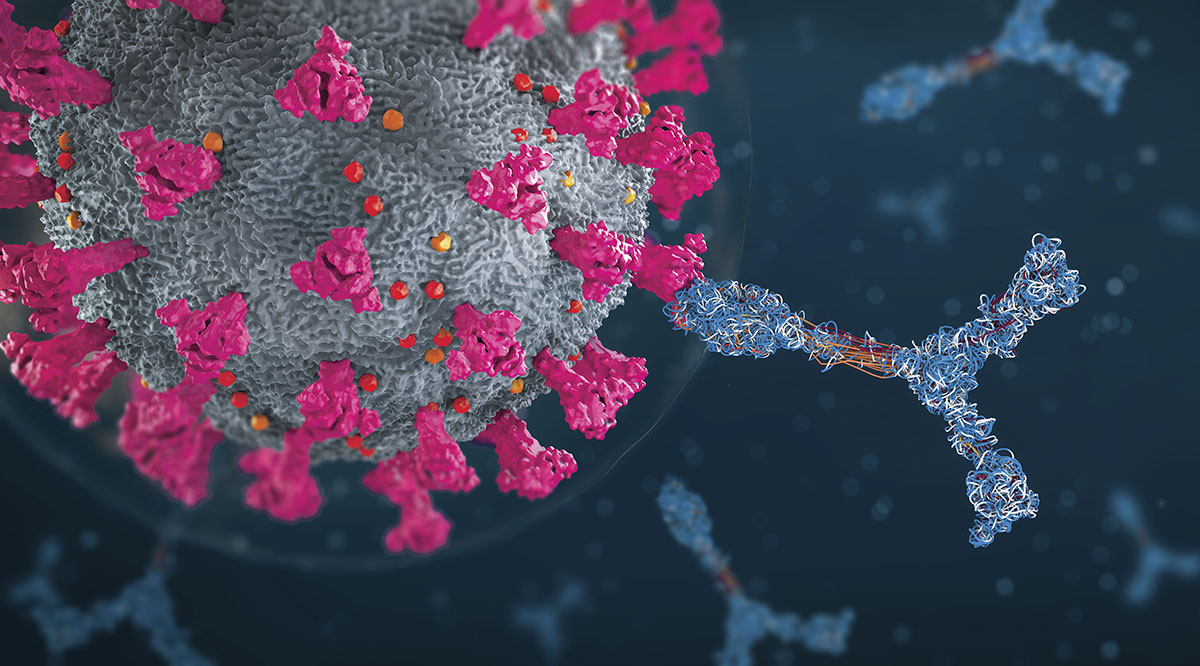30 May 2024 | Thursday | News

Picture Courtesy | Public Domain
BioNTech SE (Nasdaq: BNTX, “BioNTech”, “the Company”) and the Coalition for Epidemic Preparedness Innovations (“CEPI”) are expanding their strategic partnership to contribute to building a sustainable and resilient end-to-end African vaccine ecosystem. CEPI is committing up to US $145 million1to support BioNTech to establish mRNA vaccine R&D, clinical and commercial-scale manufacturing capabilities at the Company’s facility in Kigali, Rwanda. These capabilities will contribute to efforts to better prepare for potential future epidemic and pandemic threats in Africa.
BioNTech’s commercial-scale manufacturing facility in Kigali was first announced in 2021 and inaugurated in December 2023. The facility is based on the Company’s high-tech, digitally enabled modular manufacturing units called BioNTainers, designed to manufacture a range of mRNA-based vaccines. BioNTech’s Kigali manufacturing facility could become the first commercial mRNA facility in Africa, intended to support the African Union’s and Africa CDC’s goal of producing 60 percent of total vaccine doses required on the continent by 2040.
BioNTech and CEPI are committed to enabling equitable access. Under the terms of the agreement BioNTech intends to provide affordable access to BioNTech’s prophylactic vaccines manufactured at the Kigali facility, such as vaccines against malaria, mpox and tuberculosis, to low and middle-income countries, with priority supply to African countries, if successfully developed and authorized. BioNTech and CEPI intend to work jointly to rapidly respond to outbreaks on the African continent caused by known viral threats, or an as-yet-unknown pathogen with epidemic or pandemic potential.
The BioNTech-CEPI partnership aims to back the Company’s existing efforts in three key areas for Africa’s pandemic preparedness and vaccine ecosystem:
“Africa still has to import 99 percent of all the vaccines it needs to protect its people from potentially deadly diseases, meaning many are left waiting far too long to get the life-saving doses they need. This must change if the world is going to avoid the terrible inequity of vaccine distribution that so clearly exacerbated the effects of the COVID-19 pandemic. Through our joint commitment to equitable access, CEPI’s investment in BioNTech’s forward-looking efforts in Africa will boost regional capacity for end-to-end research, development and rapid manufacturing of mRNA vaccines. This will contribute to Africa’s resilience and pandemic readiness and could dramatically alter the course of future outbreaks,” said Dr. Richard Hatchett, CEO of the Coalition for Epidemic Preparedness Innovations (CEPI).
"Our partnership with CEPI is an important next step in our comprehensive strategy towards sustainable mRNA vaccine manufacturing in Africa. Our joint efforts are strengthening the implementation of a local mRNA vaccine ecosystem - covering the entire spectrum from research and clinical trials to commercial production,” said Prof. Ugur Sahin, M.D., CEO and Co-founder of BioNTech. "This, along with our continued efforts to develop mRNA vaccines against diseases like tuberculosis, malaria, HIV, and mpox is aimed at bringing lasting health benefits to millions of people in Africa."
BioNTech and CEPI first announced their strategic partnership in September 2023.
The following parties, which are not contractually involved in this strategic partnership, indicated their support:
Dr. Sabin Nsanzimana, Minister of Health, Republic of Rwanda: “The Government of Rwanda is committed to tackling vaccine inequities that were exposed during the pandemic. We believe this innovative partnership we are building can be a demonstration to the world, that Africa is not only building resilience for future pandemics but also creating a sustainable clinical ecosystem across Africa using the most advanced mRNA technology. The power of partnership is what will make this project successful, and today is another great milestone towards creating vaccine equity.”
H.E. Dr. Jean Kaseya, Director General of Africa Centres for Disease Control (Africa CDC), said: “Rapid and equitable access to life-saving vaccines starts with local development and manufacturing. CEPI and BioNTech’s joint endeavor in Rwanda will contribute to Africa's R&D ecosystem and support Africa CDC's Platform for Harmonized African Health Products Manufacturing (PHAHM)’s goal to produce 60 percent of the vaccines needed by the continent by 2040. Working together, we can pave the way to strengthen Africa’s pandemic preparedness and health security.”
Dr. Tedros Adhanom Ghebreyesus, WHO Director-General: “The COVID-19 pandemic exposed the risks to global health when production of vaccines and other tools is concentrated in too few hands. Strengthening local and regional production, especially in Africa and the Middle East, is critical for ensuring a more equitable response to future epidemics and pandemics, and for fighting other persistent health challenges. Public-private partnerships like this are part of a growing global movement, bringing together companies, foundations and countries to diversify production and make the world a safer place. This is an important day for Rwanda and Africa and should act as a steppingstone for further countries and parties to come together.”
© 2026 Biopharma Boardroom. All Rights Reserved.